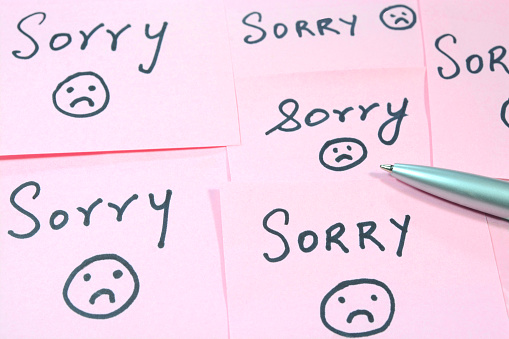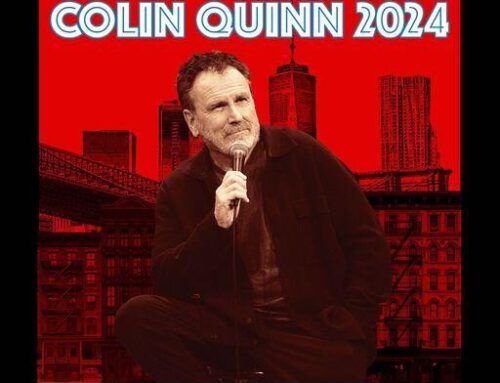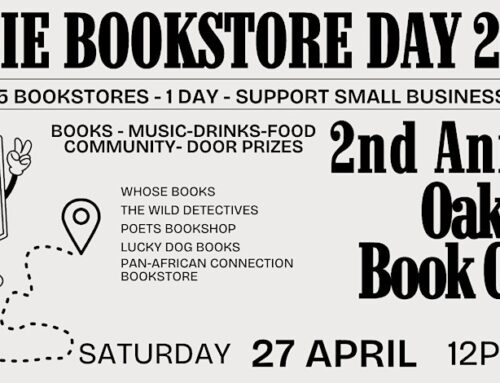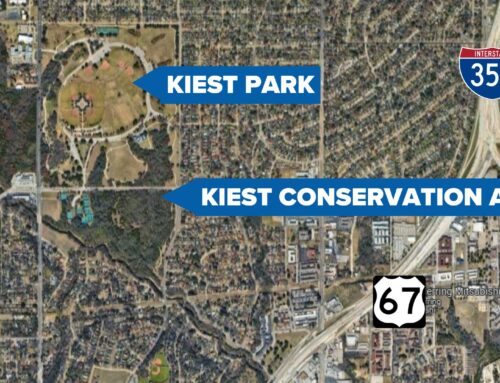
I once told my pastor how bad I felt that I had hurt someone. She is not a judgmental person, so I was surprised by her response: “You should.” Too often we apologize to unburden ourselves, which makes it little different than what we did in the first place: focused on our own needs and wants. Instead, we need repentance.
This may be a scary word for some. It puts one in the mind of revival preachers and emotionally manipulative summer camps. It reeks of judgment and condemnation. But repentance isn’t about judgment; it’s about restoration, which means that it’s not one tear-stained walk down an aisle on a sticky summer night but cultivating a posture toward the world that seeks to repair what is broken.
The first part of repentance is seeing. We must see the harm we have done before we can seek to repair it. More difficult is understanding the ways we participate in harm indirectly. We understand that receiving stolen goods is bad, but receiving the stolen birthright of entire people groups is the ocean in which we swim. It is harder to notice. It can seem overwhelming to seek to repair such harm, especially when we weren’t personally responsible. But we can be responsive to that harm, even if we weren’t responsible.
The second part of repentance is lament. Again, this is not a shallow grief, a simple, “That’s a shame.” This is having our hearts broken open to the suffering of another. It need not involve sackcloth and ashes, but it must attempt to walk alongside those who have been harmed. “Compassion” means “to feel with.” We are, as much as possible, to feel the suffering of another as if it were our own.
Third, confession. Certainly, this means an apology growing out of our lament. If you hurt someone, let them know that you know, and let them know that you are grieving, too. But at the scale of calamitous, generational harm, to whom do we confess? It is less about who receives our confession than naming evil. Our naming will always be incomplete, just as our grief will be, but we can’t address what we can’t name.
Then, finally, restoration. Wherever possible, we must try to restore things to the way they were before someone was harmed. In some matters this is simple — the return of a stolen item, for example — but it quickly gets complicated. How do we restore a relationship after an unkind word? We can challenge ourselves to see examples that prove our unkind words false. We can reshape our view of the person we harmed, so that our relationship can be restored and even improved.
Imagine, then, how this plays out on the large scale, of harm done over generations and across continents. When Ta-Nehisi Coates speaks of reparations, he is certainly interested in the material goods, the money. But he is equally interested in the conversation that reconstructs the narrative of race and progress in America. If we tell the true stories of enslavement and Jim Crow and redlining and mass incarceration, we cannot help but see one another differently.
So we find ourselves back at the beginning, learning to see. If we repent, if we seek restoration, we will see more suffering, and we will be compelled to respond. The process of repentance becomes a cycle, and the cycle becomes a habit, and the habit becomes a way of being in the world. Little by little, the world is restored.
Scott Shirley is the pastor of Church in the Cliff. The Worship section is underwritten by Advocate Publishing and the neighborhood businesses and churches listed here. For information about helping support the Worship section, call 214.560.4202.





